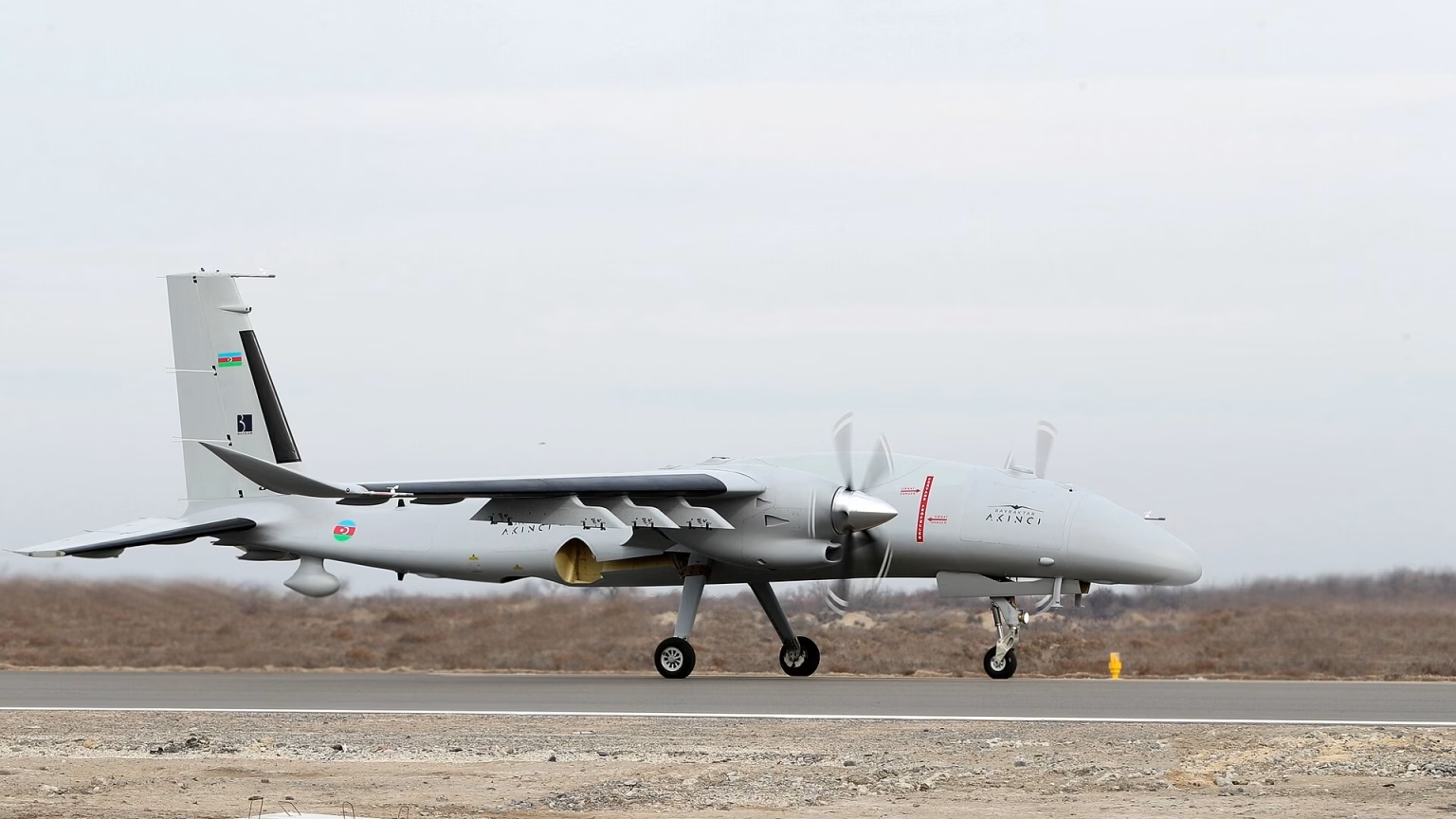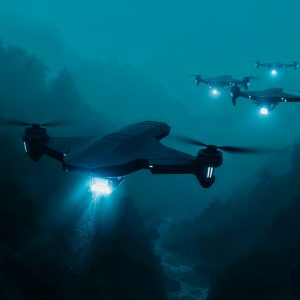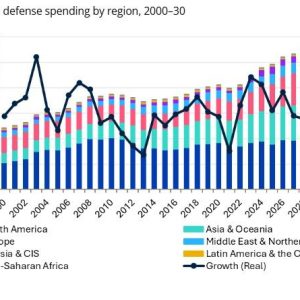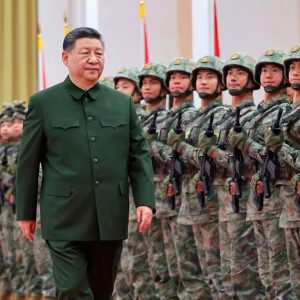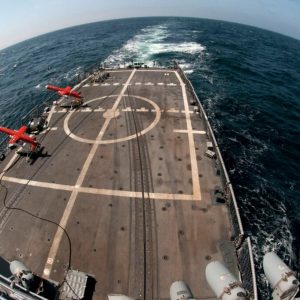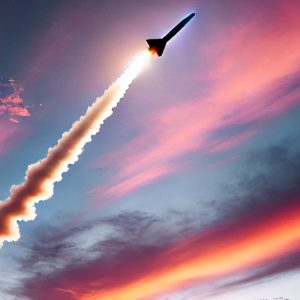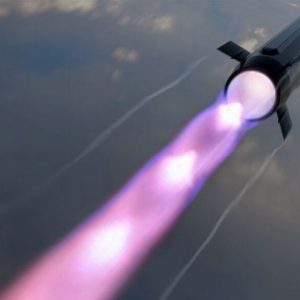Akıncı Drone Leads Türkiye’s UAV Advancements
Akıncı drone tests Alpagut and Eren loitering munitions in a new round of trials conducted by Turkish defence manufacturer Baykar. Powered by dual Ukrainian AI-450T turboprop engines, the heavy combat UAV demonstrated long-endurance strike capabilities with precision targeting. The footage, shared by Baykar CTO Selçuk Bayraktar, shows the UAV’s runway taxi, take-off, and successful deployment of next-generation smart munitions.
The Akıncı’s twin-engine configuration allows operations at altitudes above 39,000 ft (12,000 meters) for up to 24 hours. Its extended range and high payload capacity make it a cornerstone of Türkiye’s unmanned aerial combat strategy, supporting both deep-strike and reconnaissance roles.
Joint Turkish-Ukrainian Engineering Success
Developed in 2018, the Akıncı emerged from a partnership between Baykar and Ukraine’s state-owned Ukrspetsexport. The cooperation provided Türkiye with advanced propulsion technology while enabling Ukraine to integrate its aerospace expertise into NATO-aligned projects. The AI-450T engines have been pivotal in achieving the drone’s operational ceiling and endurance benchmarks.
Baykar first unveiled the Akıncı at Teknofest 2019, showcasing a UAV with a 20-meter wingspan and a payload capacity of 1,350 kg. Its modular design supports rapid integration of advanced sensors, phased-array radar, and electro-optical systems.
Alpagut and Eren: Precision Loitering Munitions
The Alpagut and Eren munitions tested in the latest trials are designed for precision engagement against high-value targets. Both systems feature autonomous loitering capability, target recognition, and strike execution, making them effective in contested environments where traditional guided munitions face interception risks.
This weapons integration expands the Akıncı’s operational flexibility, enabling mission profiles from counter-armour engagements to suppression of enemy air defences.
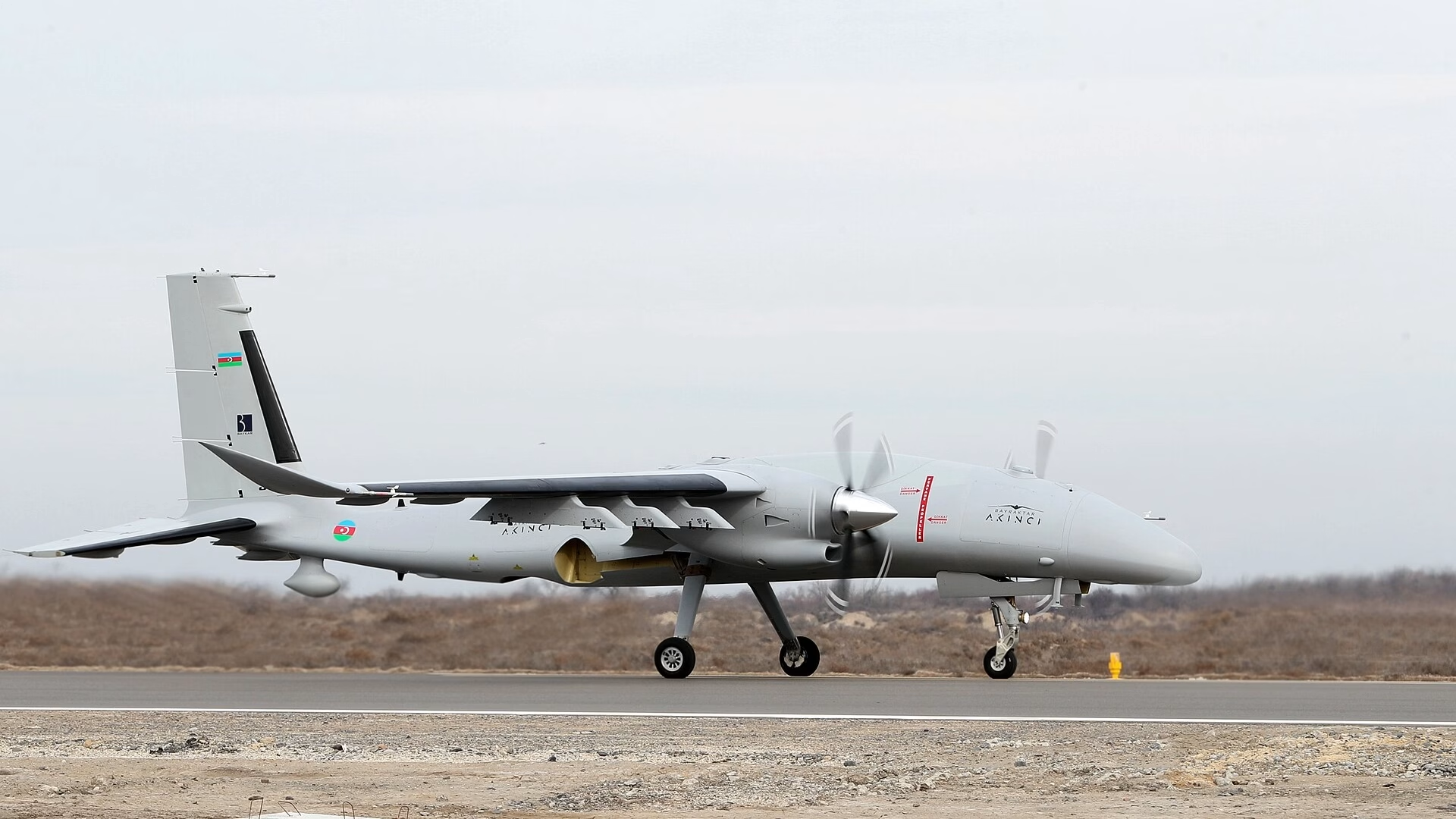
Operational Role and Strategic Context
The Akıncı gained prominence during the early phase of Russia’s 2022 invasion of Ukraine, when Turkish-made drones disrupted Russian armour formations. As Russian air defences adapted, the UAV’s role shifted towards intelligence, surveillance, and reconnaissance missions.
In late 2024, Baykar signed a classified agreement with Ukraine during the SAHA Expo Defence & Aerospace Exhibition in Istanbul. The deal builds on earlier plans to establish a Kyiv-based drone production facility, expected to manufacture up to 120 UAVs annually once operational.
Outlook for NATO and European Defence
The Akıncı programme exemplifies NATO-aligned multinational defence-industrial cooperation. By combining indigenous UAV design with foreign propulsion expertise, Türkiye enhances its strategic autonomy while reinforcing alliance-wide capabilities in unmanned warfare.
For more on Türkiye’s UAV developments, see our detailed analysis of Kızılelma UCAV mass production.
For NATO perspectives on unmanned systems, visit NATO.int.

